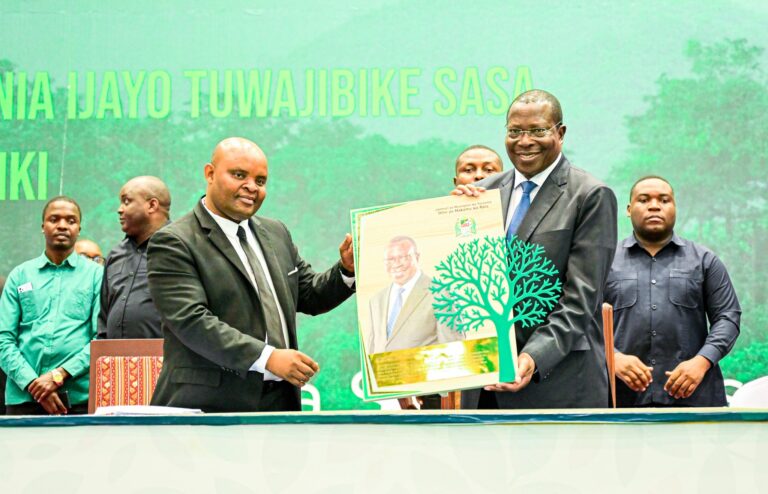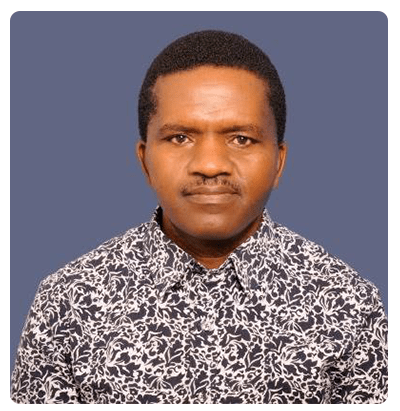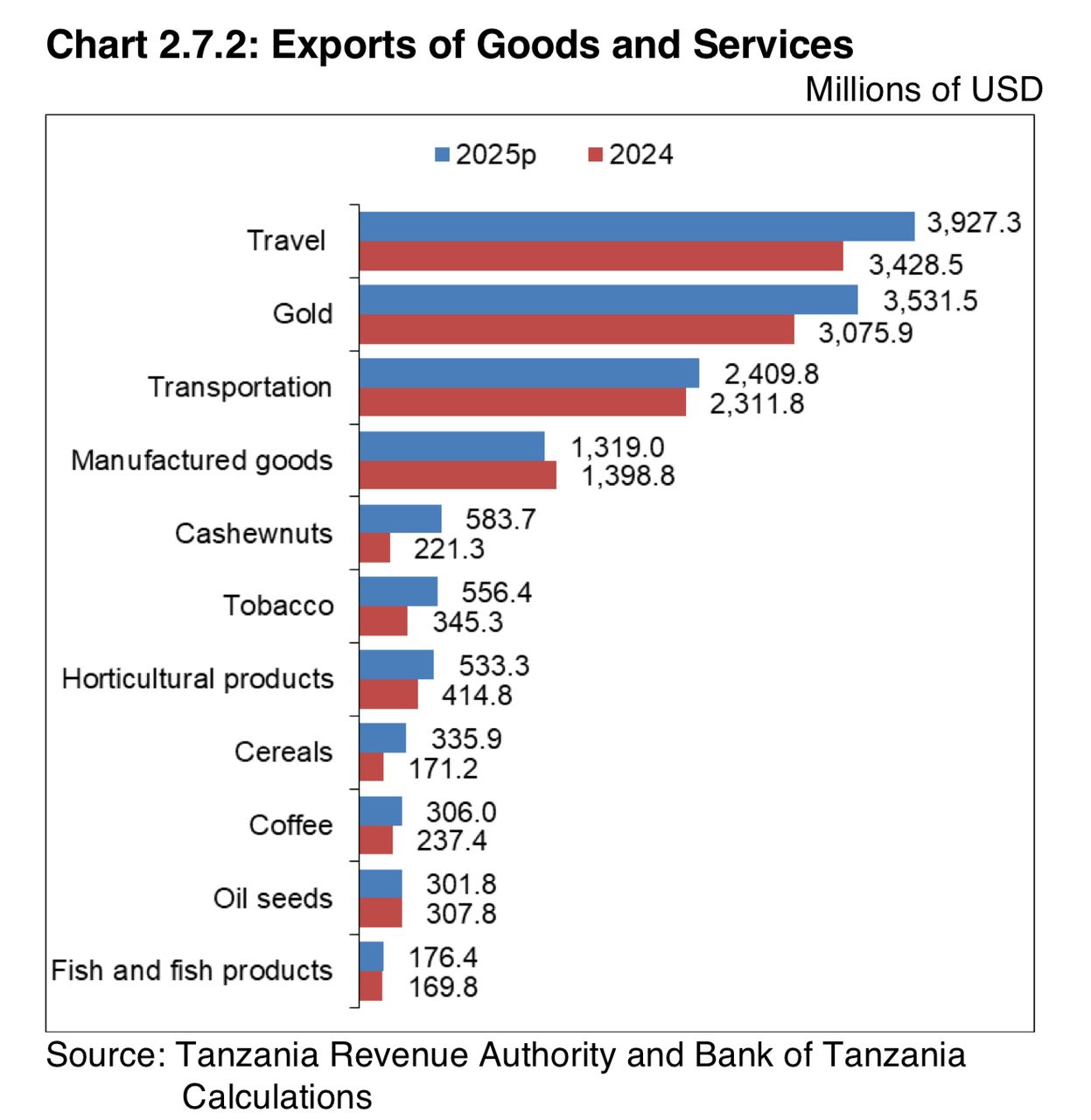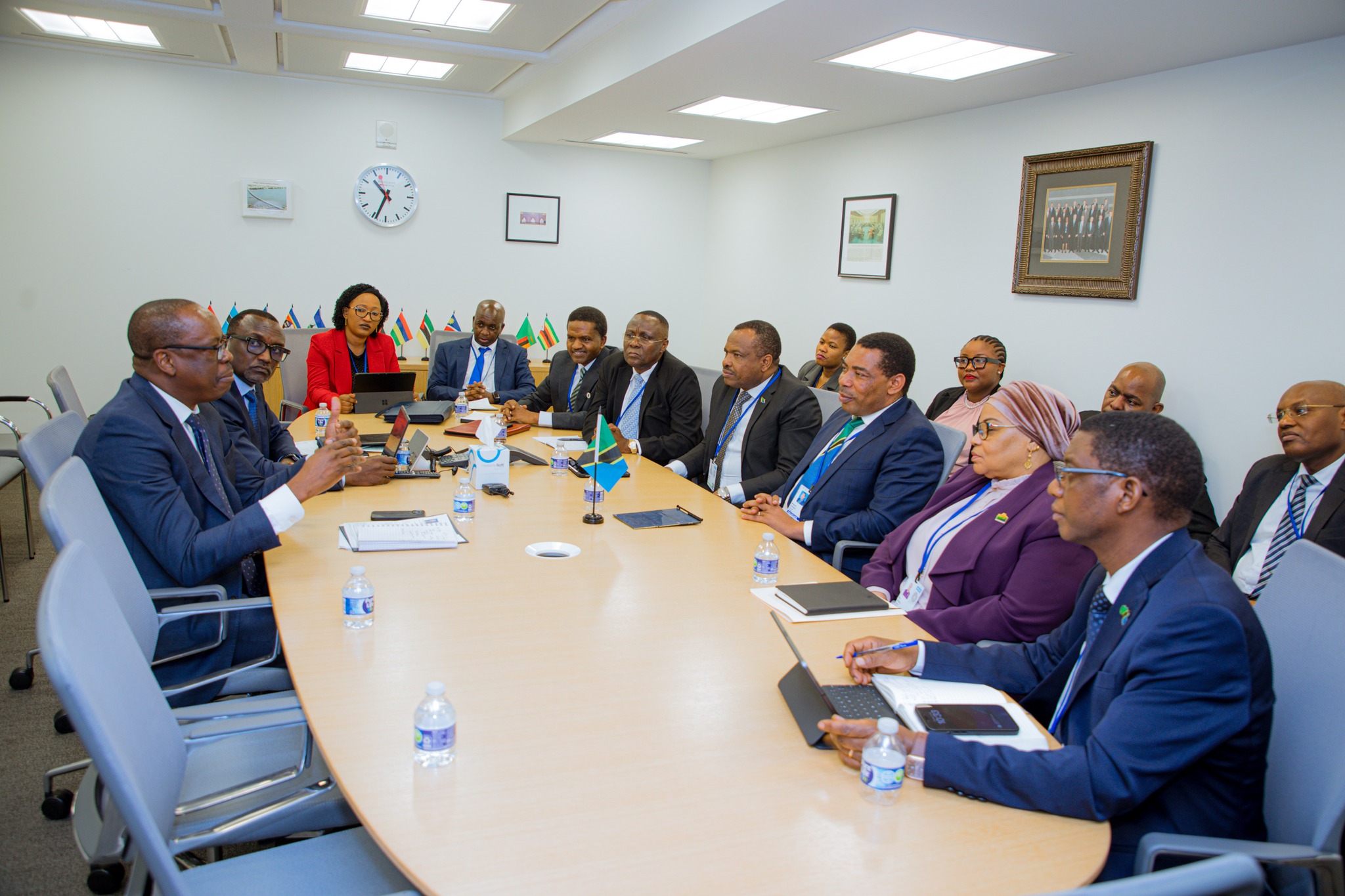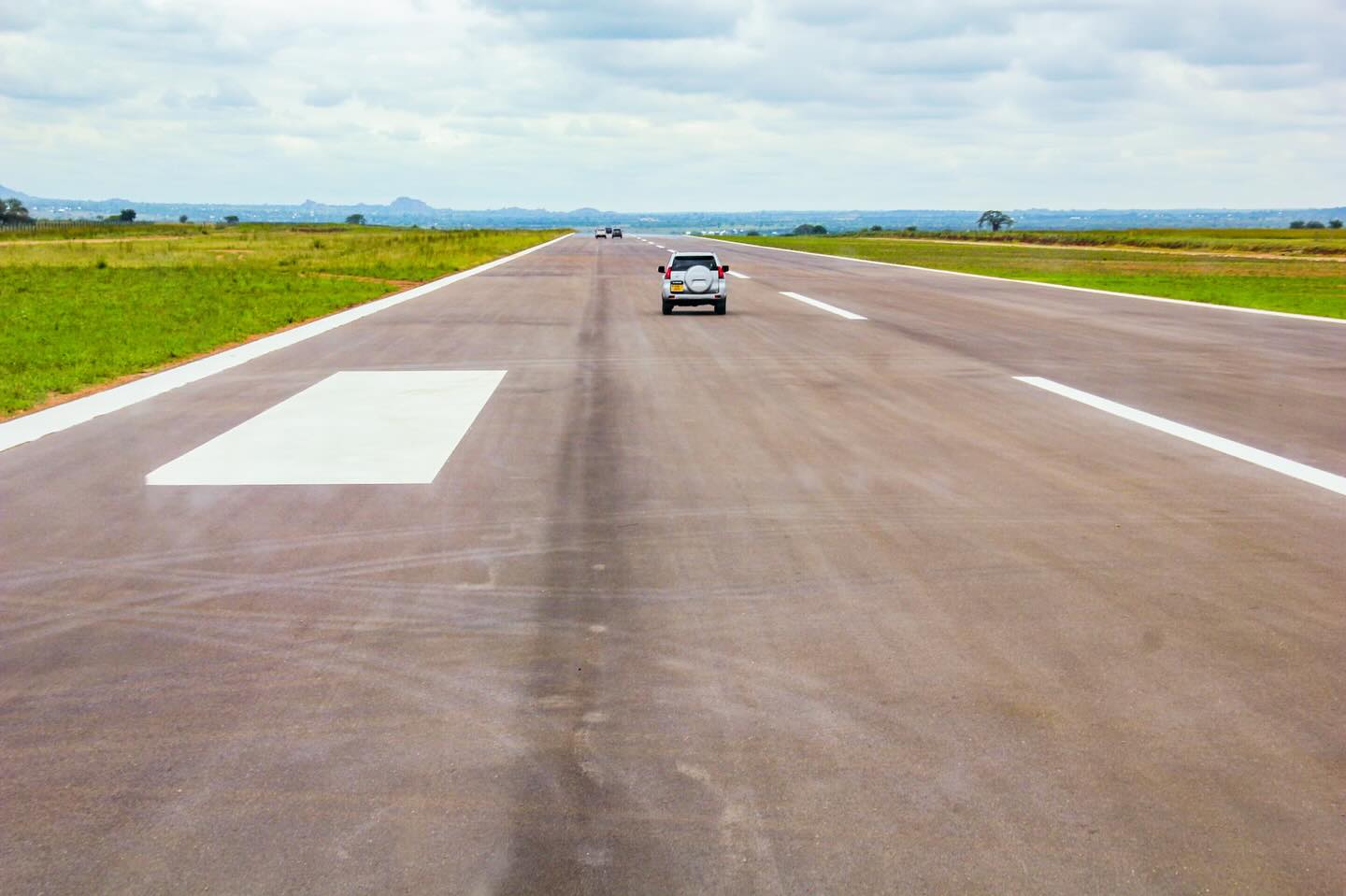Dodoma. A total of 762 institutions across Tanzania have so far transitioned to the use of clean cooking energy, in a major step towards curbing environmental degradation linked to the widespread use of firewood and charcoal Vice President, Dr Philip Mpango, has said.
Speaking during national commemorations of World Environment Day held at the Jakaya Kikwete Convention Centre on June 5, 2025, Dr Mpango said of the institutions that have already made the switch, 495 are public, while 267 are privately owned.
The shift follows a government directive requiring institutions that prepare food for more than 100 people per day to stop using firewood and charcoal, and instead adopt cleaner, more sustainable energy sources.
“This is part of the government’s broader efforts to reduce the impact of environmental degradation and promote sustainable energy solutions,” said Dr Mpango.
He urged all stakeholders to ensure continuity of green initiatives undertaken during the environmental day celebrations—such as tree planting and the establishment of green parks—and to promote technologies that enable recycling of organic and plastic waste.
Dr Mpango further called for a reduction in indiscriminate tree cutting for fuel and encouraged households and institutions to embrace clean energy options, warning that the use of unsustainable sources continues to pose a serious threat to the environment.
He highlighted findings that suggest nearly 61 percent of the country’s land is at risk of degradation.
Key drivers include unsustainable human activity, overgrazing, deforestation, shifting agriculture, unregulated mining, and uncontrolled urban expansion.
The Vice President said the government had taken several strategic and policy steps to address the crisis.
These include the National Environmental Policy of 2021 and the National Environmental Management Master Plan 2022–2032.
He added that efforts to speed up land surveying and formalise customary land ownership are also underway to support better planning and conservation.
He noted that public awareness and education remain central to the success of environmental protection efforts.
He called on the media, government agencies, private institutions and civil society to work together in sensitising communities about the importance of preserving the environment.
Dr Mpango also urged stakeholders to promote sustainable land use methods, including mixed cropping, terracing, conservation agriculture, and traditional rangeland preservation, as part of ongoing efforts to restore and protect Tanzania’s natural resources.

